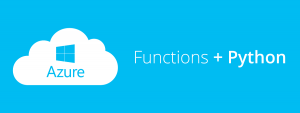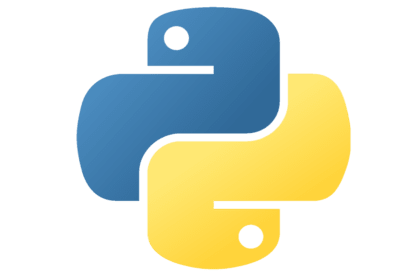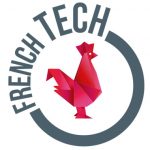TechInAfrica — Microsoft South Africa has announced the availability of Python support in Azure Functions for South African developers.
This function allows developers to build their serverless functions using Python 3.6, based on the open-source and cross-platform Functions 2.0 runtime, and publish to a Linux-based hosting platform in Azure. This ensures an end-to-end experience for Python developers without having to leave the Microsoft cloud while still using their own language, libraries, and tools.
The Python availability support released less than a month after Microsoft launched the Azure SDK for Python – a ground-up rewrite of the client libraries to ensure consistency, idiomatic design, and excellent developer experience and productivity.
Read also: Avaya and Microsoft Collaborating to Expand Contact Centre Cloud Solutions
Rory Preddy, the Audience Developer at Microsoft, says, “We have built an open platform in Azure. Developers can work in whatever language they want, integrate into Azure and use the services that will benefit them. Importantly they can do all this in their own language. We are enabling developers who use Python to do a lot of different things within Azure – from development to AI and serverless solutions and the cloud. We want to grow with developers on their cloud journey.”
The new Python in Azure brings three major benefits for developers.
First, developers can now build better Python web apps, faster in the cloud with Microsoft’s managed application platform optimized for Python. They can also connect their apps to data using Azure services for popular relational and non-relational databases.
The second benefit, developers can quickly and easily build, train, host, and deploy models from any Python environment with Azure services for data science and machine learning or bring in pre-built AI solutions to deliver cutting-edge experiences to their Python apps.
Commenting on this advantage, Preddy states, “We know that Python is also the data science language of choice and that the majority of machine learning developers use Python. AI Is a core cornerstone of our Azure offering and we have adopted an open mindset with the adoption of Python tooling.”

And finally, it enables developers to build and debug their Python apps with Visual Studio Code, push their apps to the cloud with a few clicks, use the cloud-based Azure DevOps and adopt a full DevOps lifecycle for their Python apps.
Preddy says, “It is now easy to spin up a Python DevOps with a free Linux tier. The tooling for the Python Ecosystem is a natural complement to our Azure ecosystem. We provide the ecosystem for our developers and have now molded that ecosystem for Python developers to give them the same rich Microsoft tooling which has become the industry standard.”
This year, Microsoft is a platinum sponsor at PyConZA, the annual conference of the South African community using and developing the open-source Python programming language.
Microsoft has completely explored open source and collaboration with this community over the past few years. As the cloud era evolving over time, Microsoft saw that developers do not want a binary choice of Windows vs Linux, or .NET vs Java, they want cloud platforms to support all technologies. With Azure, Microsoft has become one of the largest contributors to Open Source in the world.
Closing the statement, Preddy says, “There has been a major mind shift at Microsoft when it comes to our approach to open source and collaborating with the broader developer community. We recognise that it is important to create the environment for developers so that we can see new innovations that create positive impact. Our new Python offering on Azure and our presence at PyCon this year demonstrates just how far we have come.”
Source: news.microsoft.com
 We just launched our WhatsApp channel. Want to get the latest news from the Tech in Africa?
We just launched our WhatsApp channel. Want to get the latest news from the Tech in Africa?


